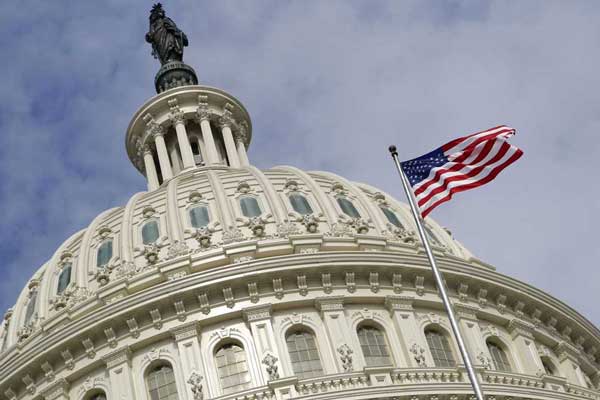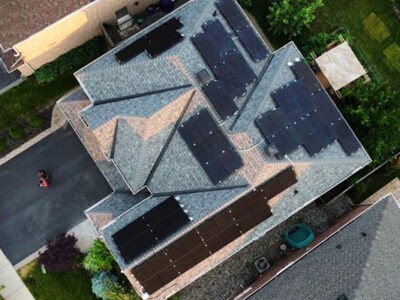The U.S Senate has approved a $2 trillion rescue package in response to the coronavirus pandemic.
The bill—agreed to by the Senate in the wee hours of Wednesday morning—isn’t what climate advocates had been hoping to see.
The solar industry requests for extensions of tax credits and other supportive provisions were cut out entirely from the bill.
The passed package also lacks proposals to replace the credits with direct payments to companies and investors, meant to serve as an alternative means of receiving funding if an economic downturn results in less tax equity available for solar projects.
554 solar companies had sent a letter to Congress underscoring the impact that the coronavirus pandemic is causing on the solar industry.
In the letter, they said the crisis impacts not just companies—but workers—adding that it’ll be challenging for employers to continue employment without any revenue.
“As a result of this pandemic, the solar industry stands to lose half of our jobs — that’s 125,000 families who will no longer receive a paycheck,” said Abigail Ross Hopper, President, and CEO of the Solar Energy Industries Association in response to the passed stimulus package.
On another hand, the package is free of controversial efforts to bolster the oil industry, one of many measures that threatened to spark protests on both sides of the aisle.
The Trump administration had requested $3 billion to buy roughly 77 million barrels of oil, a plan Democrats called a “bailout” for the oil industry.
The package includes a “big rescue” for airlines, worth $58 billion, half in the form of grants. It includes $4 billion for cargo carriers, as well as support for other large businesses.
Still, the pandemic has failed to slow the Trump administration’s plans to roll back environmental regulations, including a measure to weaken car efficiency standards.













Comments